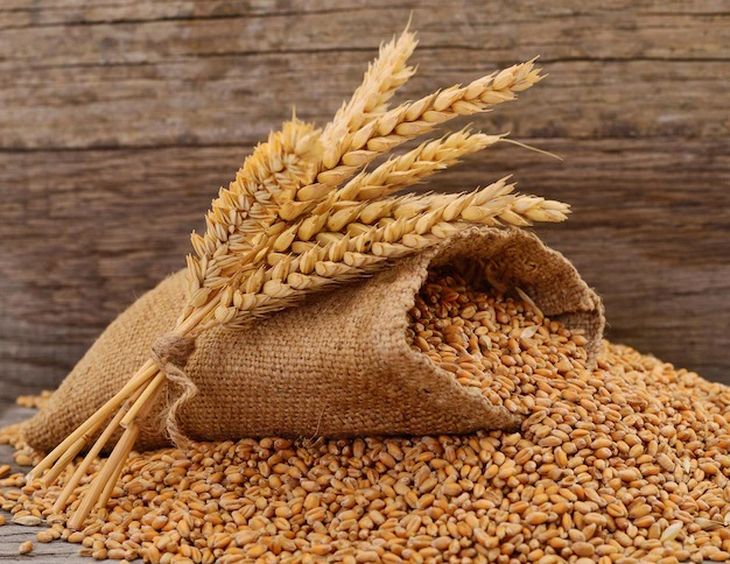Drought threatens Morocco’s bread basket economy: World Bank

Drought and other adverse climate conditions mean another poor year for cereal production in Morocco and could potentially pull the North African country’s economic growth below projections, the World Bank has warned.
Morocco’s Ministry of Agriculture announced in April that its cereal production projection for the 2023 harvest stands at 55.1 million quintals, a 62% rise from the previous year. One quintal is 100 kilograms.
Javier Diaz Cassou, senior lead economist at the World Bank, finds the figure troubling. “This would indeed be a significant improvement from last year’s crop, which is estimated at 34 million quintals,” Cassou told Al-Monitor. “However, it is still significantly below Morocco’s historical average, which stand in the vicinity of 70-75 million quintals.
“In other words, persistently adverse climatic conditions will result in another relatively poor agricultural season this year, which could pull GDP growth below the projections that most analysts advanced at the beginning of the year,” Cassou added.
Last year, the Maghreb experienced one of its worst droughts in decades, causing a 60% decline in Moroccan cereal production.
The Ministry of Agriculture announced early in May that rainfall for the year had increased by 13% to 207 millimeters for 2023, up from 184 millimeters in 2022, Morocco World News reported at the time.
The economist said that despite the increase in cereal production for 2023, Morocco’s production will continue to be insufficient to satisfy the domestic market and a substantial volume of imports will be required.
Morocco imported more than 8.8 tons of cereal last year, an increase of 23.2% compared to the previous year, according to the National Ports Agency. It reported that the imports increased due to “unfavorable climatic conditions.”
Discussing domestic cereal prices in Morocco, Cassou said, “A critical factor in shaping domestic prices will remain the evolution of cereal prices in international markets (except for soft wheat, whose price is regulated by the state), and here recent trends are more encouraging.”
He went on, “Indeed, international cereal prices have been on a declining trend for several months, having declined by more than 21% since the peak they reached soon after the beginning of the war in Ukraine, according to FAO data. This trend should help relieve some pressure from domestic prices.”
Read also
Wheat in Southern Brazil Impacted by Dry Weather and Frosts
Oilseed Industry. Leaders and Strategies in the Times of a Great Change
Black Sea & Danube Region: Oilseed and Vegoil Markets Within Ongoing Transfor...
Serbia. The drought will cause extremely high losses for farmers this year
2023/24 Safrinha Corn in Brazil 91% Harvested
Write to us
Our manager will contact you soon



